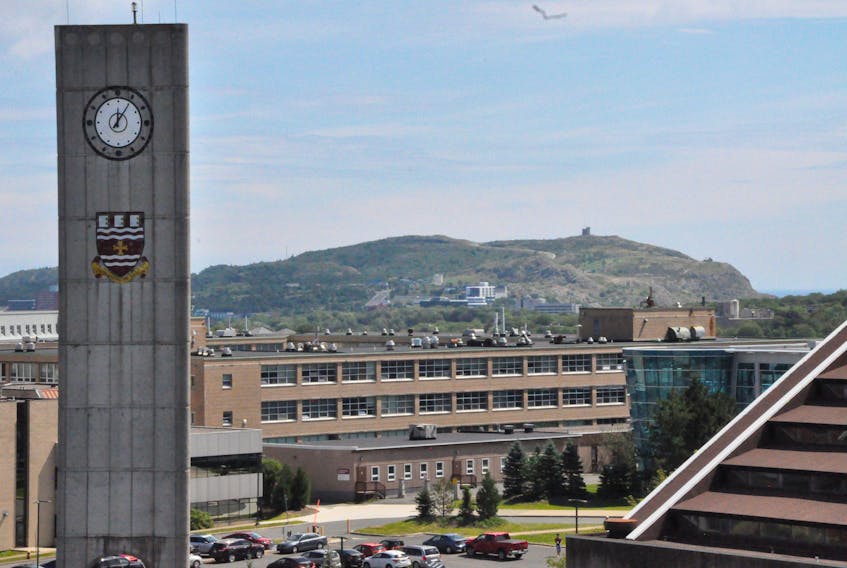Access to post-secondary institutions results in a more educated and healthy population. It can lead to lower costs for health and prison systems. The provincial government is stuck in the mindset of what’s best for the short-term, for economic reasons, rather than what’s best for the long-term well-being of the population.
Memorial University has been the most accessible university in Canada for many years, with a history of making access a priority through affordable tuition rates. But in recent years, the provincial government has cut millions in funding for MUN. As members of the administration do not want to give up their big salaries and the perks that go with them, their main solution has been to increase revenue via fee hikes for students.
The tuition model the administration is now proposing is a so-called “progressive” model, where tuition is raised for everyone, but there will be grants for students who cannot afford it. The idea seems to be to take money away from well-off students and give it to less-advantaged students. While the redistribution of wealth is noble, it is not the university’s role.
The main issue with the proposed model is the criteria for who qualifies for grants and who does not. There are already cases where students don’t qualify for student aid because their parents’ income is too high. Therefore, they have to find other ways to get the money, such as working long hours. Some even opt not to attend university for this reason. Many students at MUN use the food bank because they cannot afford to put food on the table.
Tuition for Newfoundland and Labrador students has been frozen for a long time, but in 2017, the administration implemented new fees, including the Student Services Fee ($50) and the Campus Renewal Fee ($50 per three-credit course up to a maximum of $250). MUN’s main mandate to educate the people of the province is being lost. We are moving backwards.
The value of an undergraduate degree is now equivalent to what a high school diploma used to be. Research by several sources states that more than 70 per cent of jobs now require some sort of post-secondary education. Without the education required, people are stuck in low-paying, insecure jobs, some without a sufficient wage to cover living expenses.
The idea of decreasing fees at MUN, perhaps even to the point of elimination, is not a radical idea. In March 1965, Premier Joey Smallwood announced free tuition for first-year students in the province, but there were flaws in the plan.
Commentator Rex Murphy, who was involved with student council at the time, gave a speech about the concerns that students had. According to The Gazette, “Mr. Murphy’s speech received much media attention, and Mr. Smallwood was asked to comment on the matter. Amongst cutting words for Mr. Murphy, he appeared to make a shift in policy, announcing that free tuition for second-year students was in the works. By October, the premier had established a plan which granted free tuition to all Newfoundlanders; students were even offered ‘living salaries’ which ranged between $50 and $100.”
An article from The Muse, “Joey’s dream — free tuition,” says that on Oct. 5th 1965, Smallwood announced his plan for free tuition in a gymnasium filled to capacity with students and faculty. Smallwood received a standing ovation and cheers.
Free post-secondary education is not a new idea nationally either. Second World War veterans were given free tuition after the war. In most places that have free post-secondary education, it is usually a federal initiative, such as in Sweden and Norway.
The federal government should contribute more to the cost of education and it needs to be a priority. Canada needs to introduce a more progressive tax system by putting an end to offshore tax havens, closing tax loopholes and increasing taxes for the rich. Public services in Canada desperately need funding and everyone should pay their fair share. While tuition costs are only one barrier, it’s an important place to start.
Matt Barter,
St. John’s
RELATED:
- https://www.thetelegram.com/opinion/russell-wangersky-starving-higher-education-306510/RUSSELL WANGERSKY: Starving higher education









